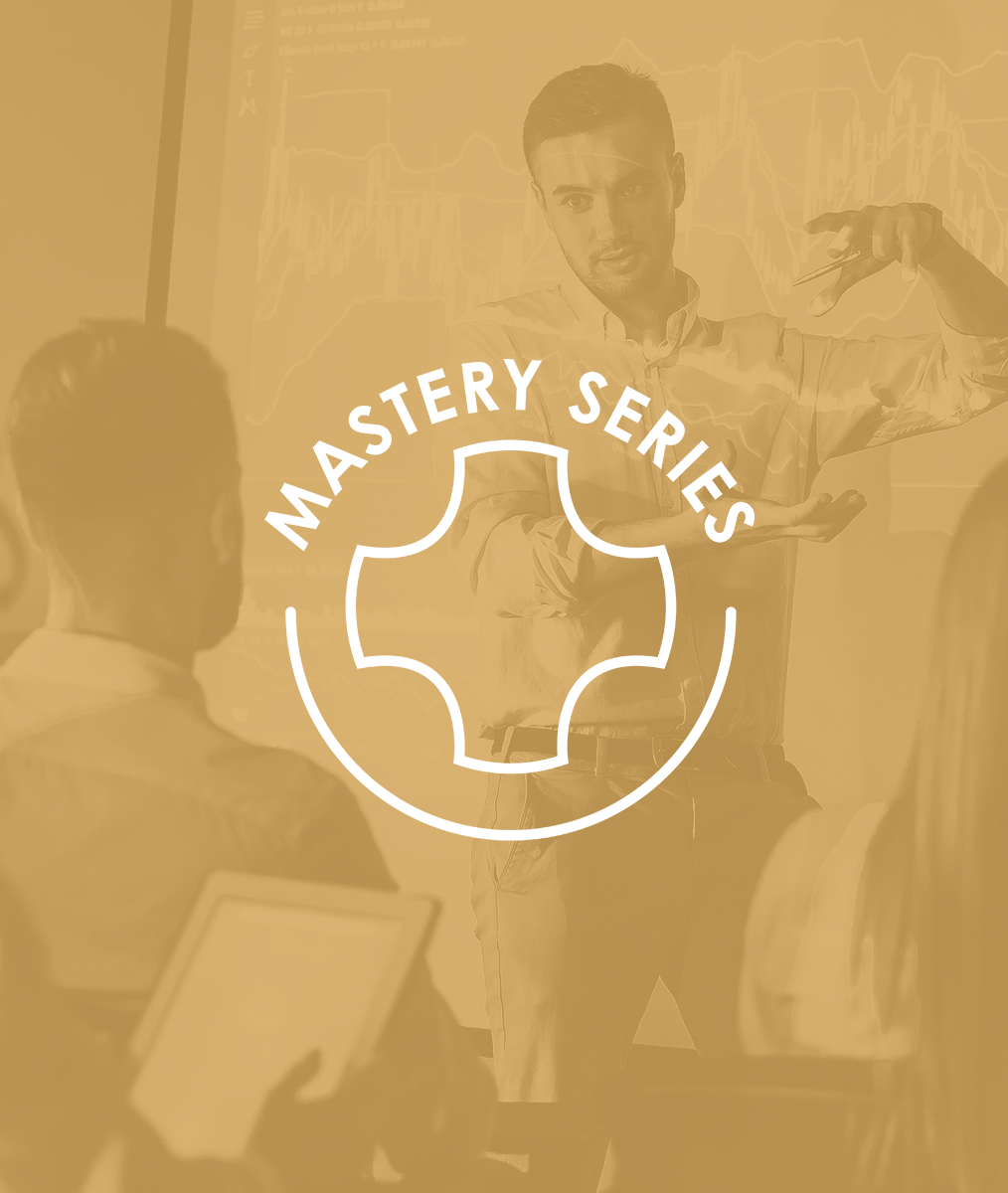On Addressing Traumatic Experiences
When we have experienced a deeply traumatic event, such as an emotionally laden death, or the near-death of a family member, what is often left behind is emotional debris with the potential to follow us around indefinitely. Subsequently, we can become haunted by memories of what happened, or what we should have done to make things better. These kinds of recurring thought patterns can easily bleed over into our daily lives and negatively influence our behavior—and our future.
On a neurobiological level, this occurs as our brain is designed to keep self-preservation as its highest priority. Thus, possessing the ability to quickly recall traumatic events protects us from similar things happening in the future. But commonly, this constant re-remembering can lead us into a state of psychological paralysis, depression and/or chronic anxiety, and poor decision-making.
At the present time, many patients live in fear of going to the dentist, because they believe there is too high of an infection risk. Concurrently, they consider the process of addressing their dental needs as being a lower life risk. These shadows of fear can remain strong in their mind, particularly when they have a family member who is in a high-risk category. Simultaneously, some dental team members have made the decision to leave dentistry for similar reasons. However, both challenges are happening at significantly lower rates within relationship-based / health-centered dental practices, as these practices have already built strong, enduring bridges of communication within their patient pools.
The Shadow
A contagious virus is a concept most people understand. The level of anxiety this virus has generated world-wide is something many cannot successfully manage alone. We have all had patients whose past dental experiences were so negative and their thinking about it so distorted they cannot recall why certain situations trigger their dental PTSD. Carl Jung referred to the source of these recurring thoughts as “the shadow.” Buried memories and their emotional associations can be so strong that they take complete control over a person’s behavior.
Letting Go
The brain does not stop maintaining its focus on traumatic memories until it has come up with a rational explanation for why they happened and a plan for how to avoid them in the future. On this, Jung stated, “Until you make the unconscious conscious, it will direct your life and you will call it fate.”
CoDiscovery was designed to address the influence of the shadow’s influence on current behavior patterns, in much the same way as psychotherapy facilitates the exploration of the past and associates new meanings with those memories. It is intended to help patients associate new meanings with what they are learning about their dental past.
The “Rogerian” therapy model of unconditional positive regard, congruence, and non-judgementalism is an ideal format for patients to safely explore their fears, beliefs, values, and priorities. And that’s why Bob Barkley and Nate Kohn, Jr., Ph.D., leaned so heavily on Carl Rogers’ work. Bob Barkley put this re-experiencing process under an umbrella he called, “Three Phase Adult Education,” and the rest became history.
The Future
As optimistic as the future appears to be regarding the successful management and treatment of COVID-19, this pandemic experience has reshaped our thinking—our “shadows,” forever. How we manage these memories, conscious and subconscious, will have a lot of influence on our success going forward. If we demonstrate we are on the same side as our patients in preventing COVID-19’s negative impact, we create yet another strategic advantage we can leverage against our transaction-oriented competition. On the other hand, if we allow our patients’ fear-driven “shadows” to drive their decision-making, we will rue the day we allowed this proverbial cart to be placed in front of their psychological horse.
Bob and Nate had it right. CoDiscovery is the pathway to deeper understanding, hence better decision-making. And better decision-making is exactly what our profession needs right now.
Related Course
Mastering Business Essentials
DATE: August 7 2025 @ 8:00 am - August 15 2025 @ 12:00 pmLocation: The Pankey Institute
CE HOURS: 22
Regular Tuition: $ 3295
Single Bed with Ensuite Bath: $ 345
The Blueprint for Running a Practice with Long-Term Growth Dr. Pankey’s original philosophy encouraged dental professionals to be proficient in 3 specific areas: technical mastery, behavioral excellence and business savvy….
Learn More>







